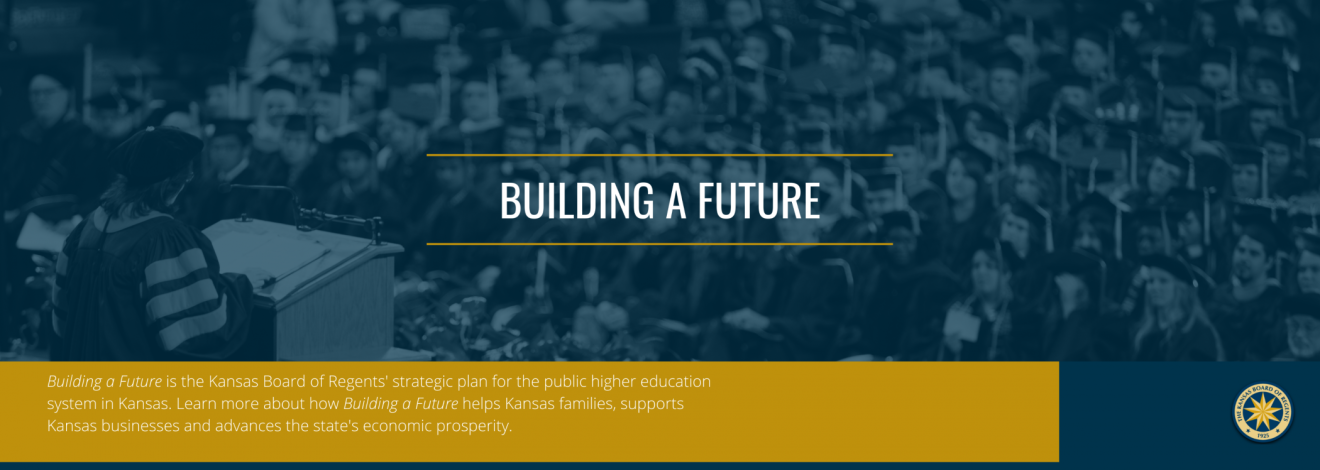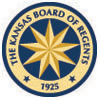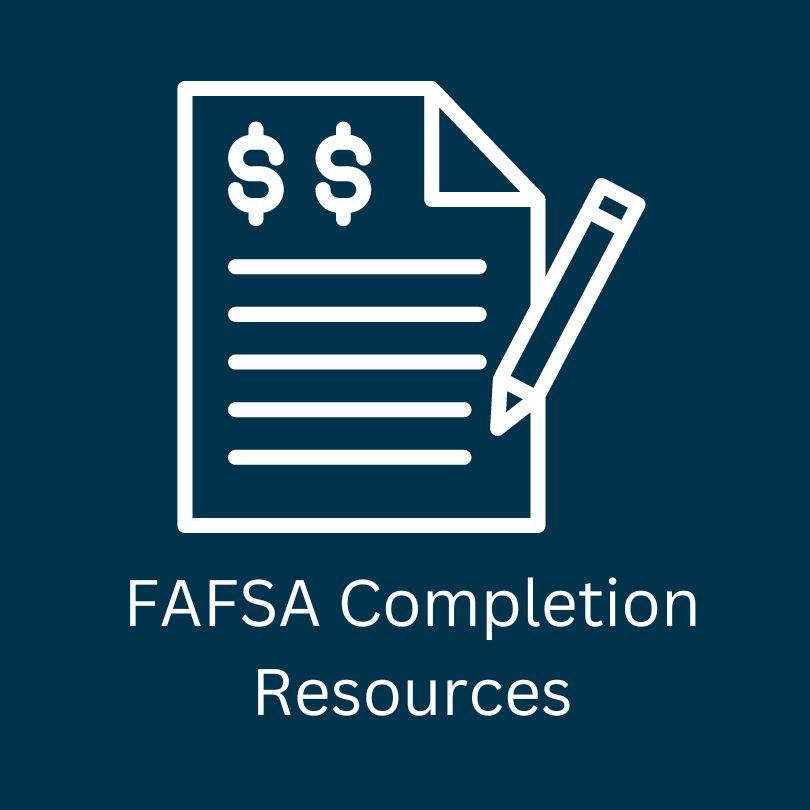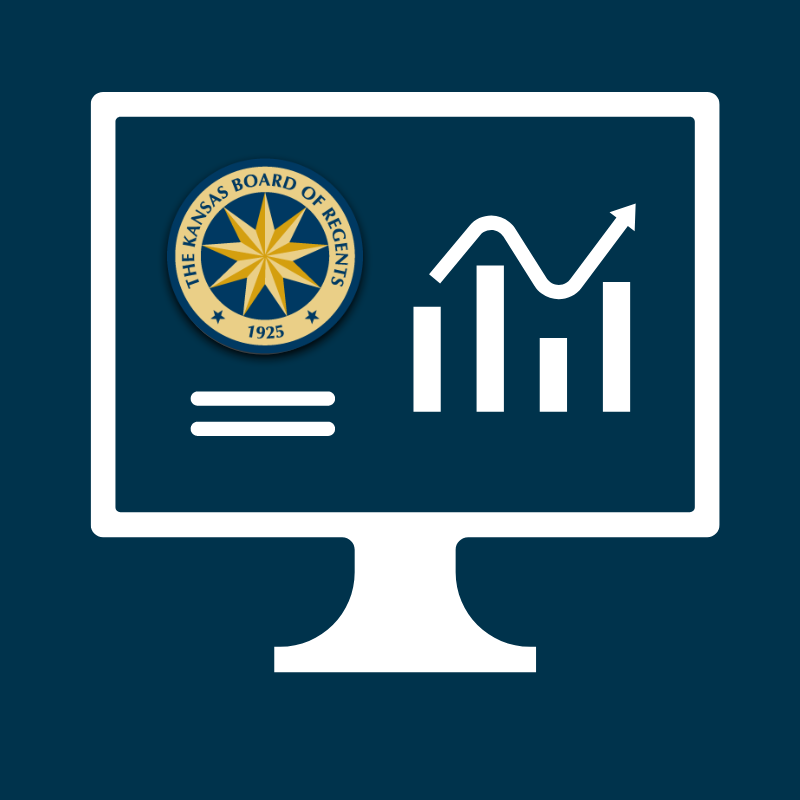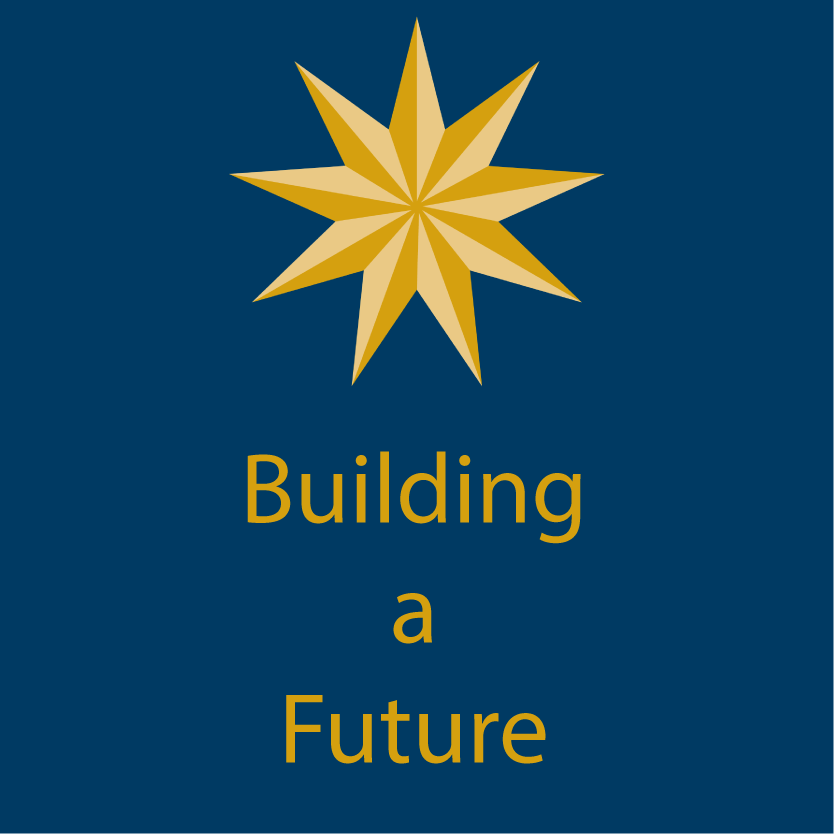Building a Future is helping Kansas families by focusing on three key areas.
|
Affordability |
Access |
Success |
The Kansas Board of Regents is implementing a number of promising practices to advance these strategic objectives.
Key Initiatives
- Advocate for increased need-based student financial aid
- Limit tuition and fee increases
- Require student success playbooks with recommendations including:
- Centralized professional advising
- Targeted student financial aid
- Improved interventions for at-risk students based on enhanced data collections
- Better technology supports
- Adopt systemwide general education core
- Increase systemwide transfer
- Implemented systemwide transfer associate degrees in a number of key areas including education, healthcare, computer science, business and social work
- Continued work on systemwide transfer courses to open the door for more opportunities in fields such as engineering
Results
|
Increased Affordability |
 |
State funded student financial aid nearly quadrupled |
 |
Tuition and fee increases are less than half of CPI growth over the last five years | |
 |
Student loan debt of graduates who are Pell recipients has decreased 16 percent |
|
|
Enhanced Access |
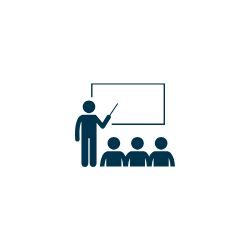 |
The system is providing college courses to 15.5 percent more high school students than five years ago |
 |
The number of Pell-eligible students in the system grew 4.9 percent last year |
|
|
Improved Student |
 |
On-time graduation rates have increased 10.2 percentage points at state universities during the last five years |
 |
Retention rates have increased 3.1 percentage points |
|
 |
Starting wages for graduates from Kansas colleges and universities are up 22 percent since 2020 |
Building a Future is helping Kansas businesses by focusing on two key areas.
|
Talent Pipeline |
Innovation |
The Kansas Board of Regents is implementing a number of promising practices to advance these strategic objectives.
Key Initiatives
- Systemwide transfer programs in areas of high need
- Academic portfolio and program review
- Approved programs granting resident tuition to students from select areas to recruit more talent to Kansas
- Advocacy for research
- Enhanced partnership with Commerce
Results
|
Growing Talent Pipeline |
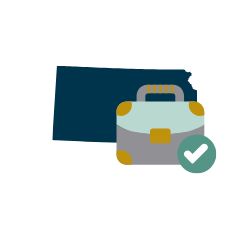 |
The percentage of graduates staying in Kansas after graduation has grown for three consecutive years |
|
Increased Research |
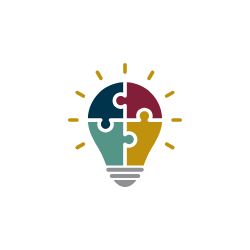 |
Total research funding has grown by 53 percent |
 |
Industry-sponsored research has grown 162 percent |
Building a Future is advancing prosperity in Kansas by engaging the unique capabilities of the state's public higher education system to grow the economy and benefit Kansans and our communities.
|
Intentional Economic Development |
Community Benefits |
The Kansas Board of Regents is implementing a number of promising practices to advance these strategic objectives.
Key Initiatives
- State university prosperity plans to facilitate intentional economic development
- Support for human health
- World class treatment and research for Kansans at the KUMC Cancer Center
- Facilities renewal initiative
- Blueprint for Literacy
Results
|
Intentional Economic Development |
 |
Kansas universities are implementing plans to leverage their strengths for economic development |
 |
Kansas colleges and universities have partnered with other agencies and organizations on large economic development projects | |
|
Community Benefits |
 |
Kanas universities are partnering on initiatives to improve health outcomes across the state |
 |
Blueprint for Literacy will help 90 percent of Kansas students read at or above grade level by 2033 |
|
|
Facilities Initiative |
 |
Anticipated $1.1 billion investment to renew state university facilities over a 10 year period |
 |
Strategic demolition of obsolete buildings has reduced campus footprint by 626,000 square feet |
K.S.A. 71-222 requires each community college in Kansas to publish an annual Taxpayer and Student Transparency Data Reports. The table below provides a link to the page on each community college website where these reports are published.
Please direct questions about the content of any of these reports to the respective community college.
Updated Annually (Last updated Jan. 2026)
On June 26, 2024, Kansas Governor Laura Kelly and the Kansas Board of Regents (KBOR) announced that Kansas would join the Complete College America (CCA) Alliance.
Kansas-CCA Launch Event
On Tuesday, February 11, 2025 KBOR and CCA will host a launch event at Washburn University. This convening will provide attendees with an opportunity to explore data on student outcomes in Kansas and the nation and review progress on the state's efforts to improve student success and attainment.
Frequently Asked Questions
How many representatives can an institution have?
Institutions may bring up to five representatives to the launch event.
Who should the representatives be?
Representatives should include a mix of leadership, faculty, and staff involved in implementing student success initiatives on your campus, such as math pathways and English initiatives. Examples might include members of your Executive Implementation Teams, such as presidents, provosts, deans, department chairs, math or English faculty, registrars, or advisors.
Can an institution request to bring more representatives?
Yes! On the registration form, institutions can indicate if they’d like to bring additional representatives. If space is available after the priority registration deadline of January 17, we’ll notify you.
CCA Alliance
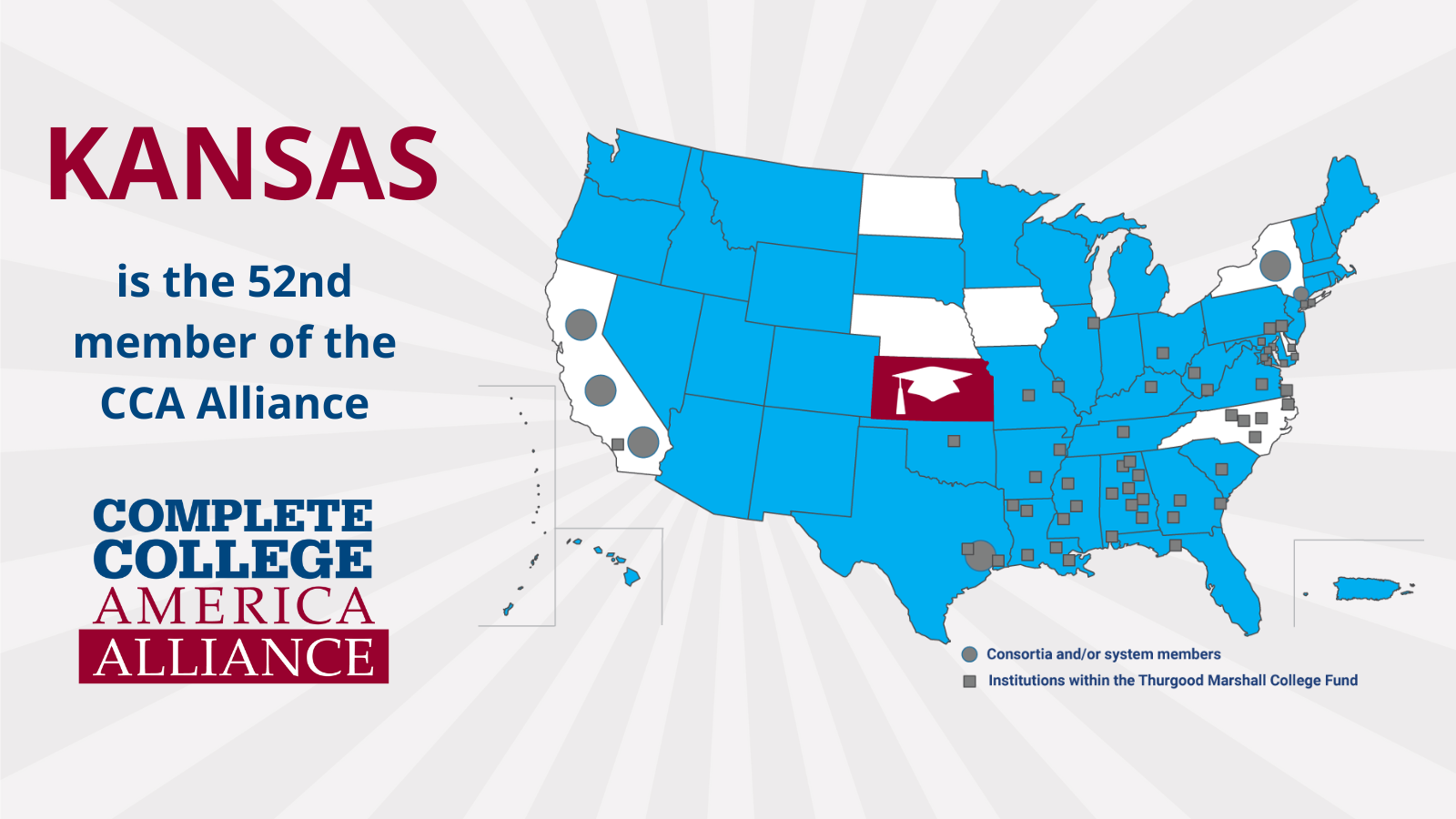
The CCA Alliance is a national coalition of states, systems, institutions of higher education and other organizations committed to increasing the number of students who successfully complete college and attain degrees and credentials. Joining the Alliance aligns with the Board's strategic plan, Building a Future, to ensure the Kansas higher education system is maximizing the benefits it is providing to Kansas families, businesses and the economy.
The work with the CCA Alliance is part of a statewide push to expand access to higher education and economic mobility, particularly for students from under-resourced families. Through this partnership, CCA will assist the state in convening higher education institutions together to craft and align policies with evidence-based student success strategies proven to boost on-time college completion.
As an Alliance member, Kansas will join with other states working collaboratively to advance policies and practices designed to improve student success and college completion, particularly for students from historically-excluded backgrounds and from under-resourced households. Higher education leaders in Kansas will be able to share new learnings and receive guidance and support in crafting policies aligned with the state’s priorities.

